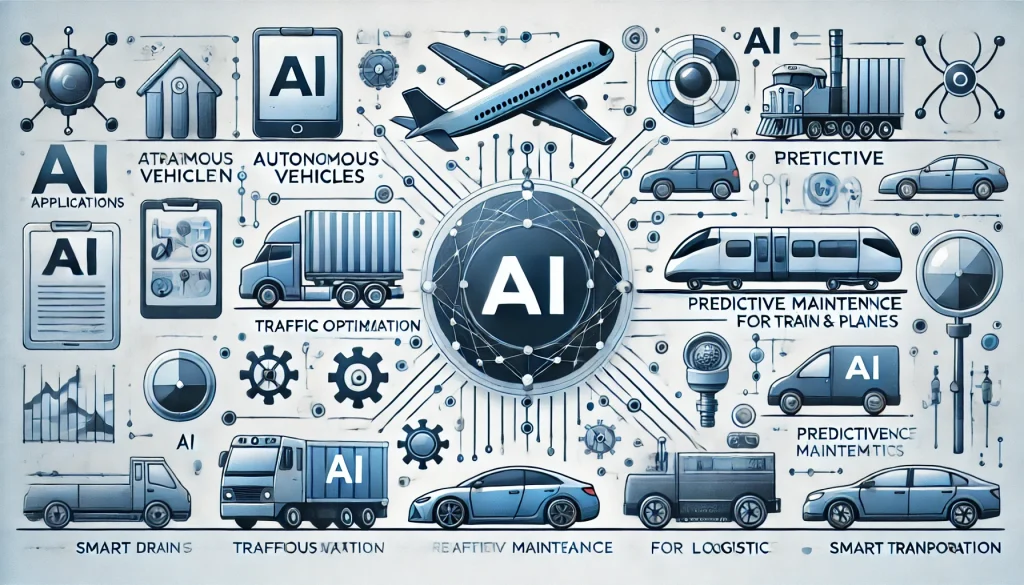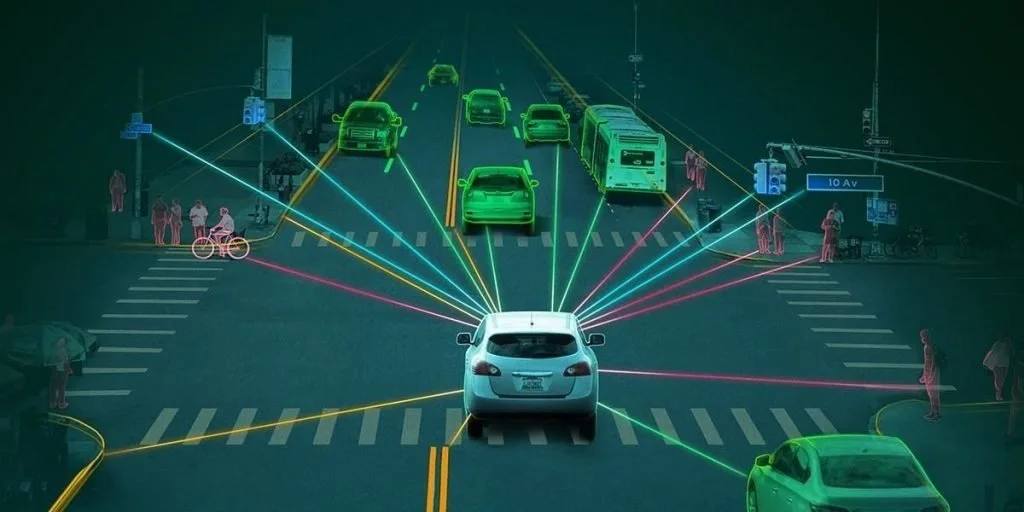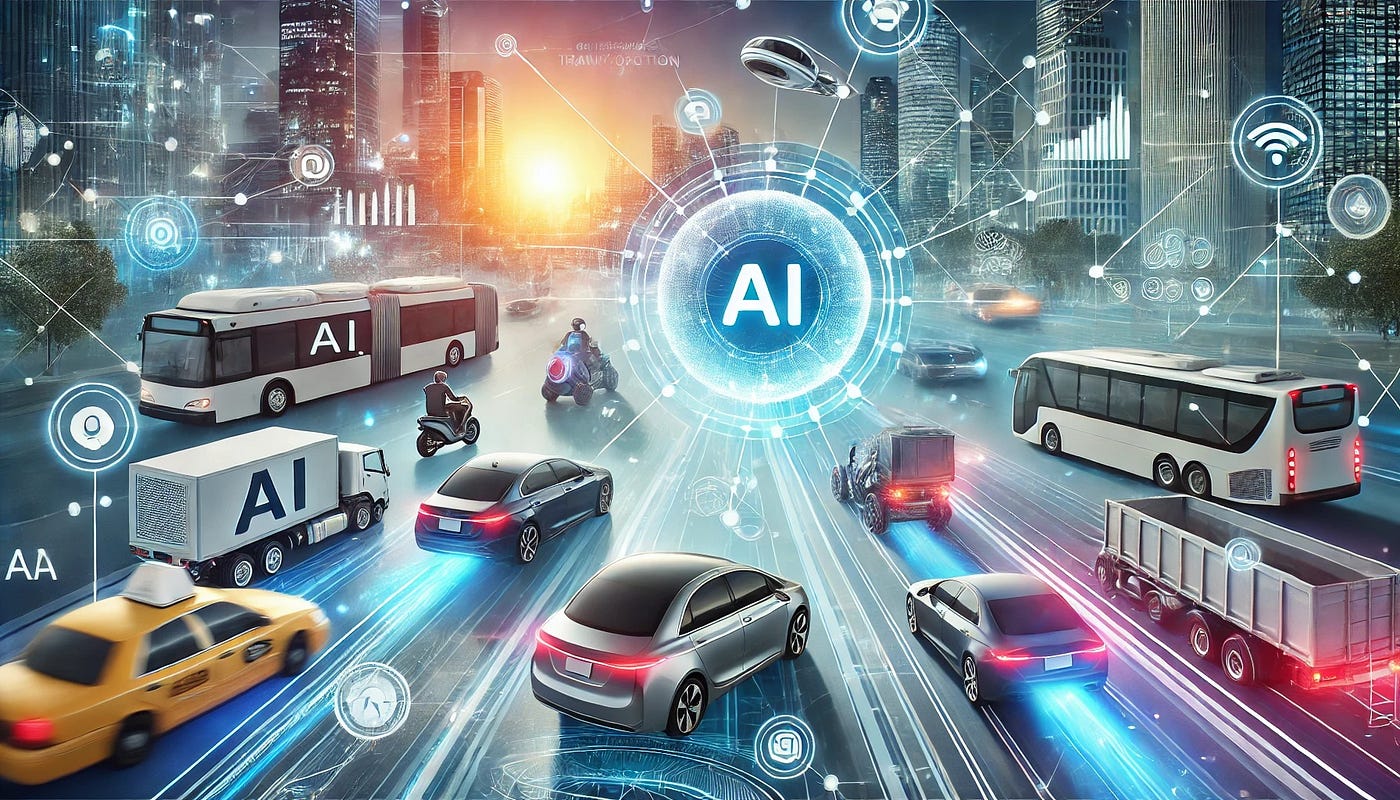Artificial Intelligence (AI) is revolutionizing the transportation industry by improving safety, efficiency, and user experience. Leveraging the right AI tools helps transportation companies optimize operations and prepare for the future of smart mobility.
What is AI in Transportation?
AI in transportation refers to the use of intelligent technologies like machine learning, computer vision, predictive analytics, and automation to solve complex transportation challenges. These tools enable smarter traffic management, efficient route planning, autonomous driving, and predictive maintenance.
How AI Works in Transportation
AI systems process large amounts of transportation data, including traffic patterns, vehicle performance, weather conditions, and passenger behaviors. By analyzing this data, AI can make real-time decisions, optimize logistics, and improve overall system performance.
Top AI Tools Used in Transportation
Traffic Prediction Systems
These tools use machine learning algorithms to predict traffic congestion and suggest alternative routes, helping to minimize delays and improve traffic flow.
Autonomous Vehicle Platforms
AI-powered platforms like Tesla Autopilot and Waymo integrate computer vision, sensors, and real-time decision-making to enable self-driving capabilities.
Predictive Maintenance Tools
AI monitors vehicle health and predicts potential failures before they happen, reducing downtime and maintenance costs. Examples include IBM Maximo and Uptake.
Route Optimization Software
Tools like Google AI and Routific use AI algorithms to plan the most efficient delivery routes, saving fuel and time for logistics companies.
Computer Vision for Traffic Monitoring
Computer vision systems, such as those provided by companies like NVIDIA and Intel, process video data from traffic cameras to detect accidents, traffic violations, and road blockages in real time.
AI-Powered Public Transport Management
Smart transit systems use AI to monitor passenger demand, optimize schedules, and provide real-time updates, enhancing the commuter experience.
Benefits of Using AI Tools in Transportation
AI tools can significantly reduce operational costs, enhance safety, and improve traffic efficiency. They also support sustainability efforts by reducing fuel consumption and emissions through better route planning and vehicle management.
Limitations to Keep in Mind
While AI offers many advantages, its effectiveness depends on the quality of input data and system integration. Challenges like data privacy, system security, and the high cost of deployment must also be carefully managed.
Conclusion
AI tools are driving the future of transportation, offering smarter, safer, and more efficient solutions. By adopting these technologies, the transportation industry can stay ahead of challenges and build intelligent systems that meet the growing demands of modern mobility.







Leave feedback about this